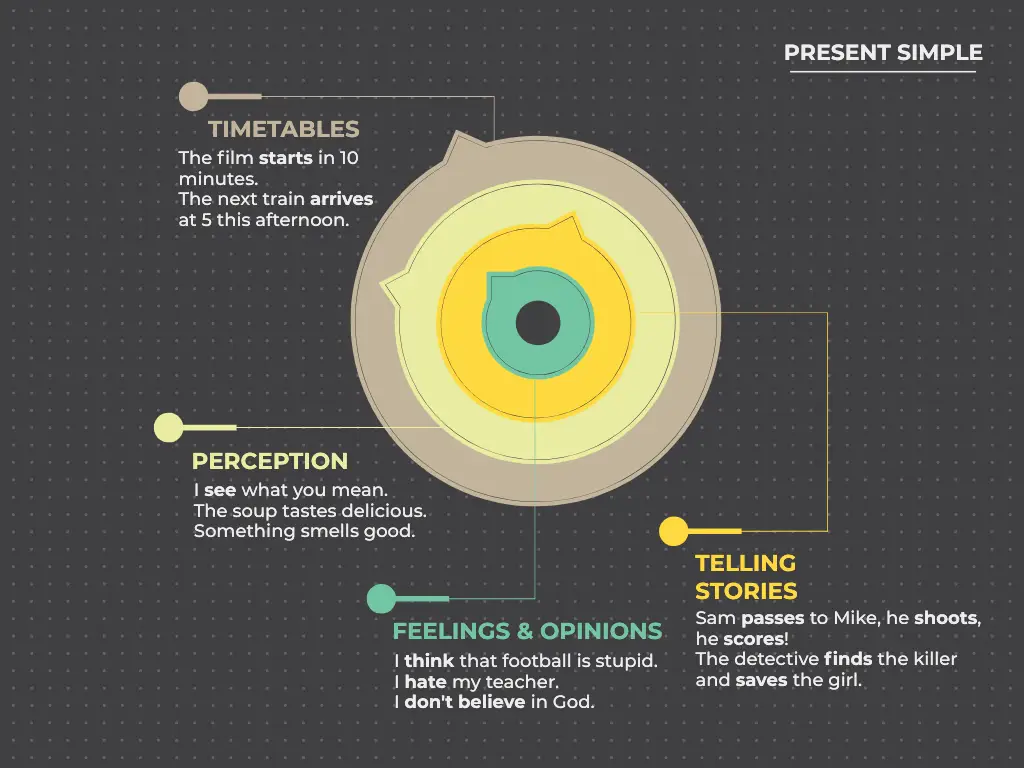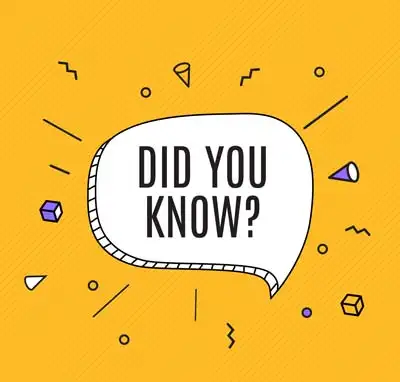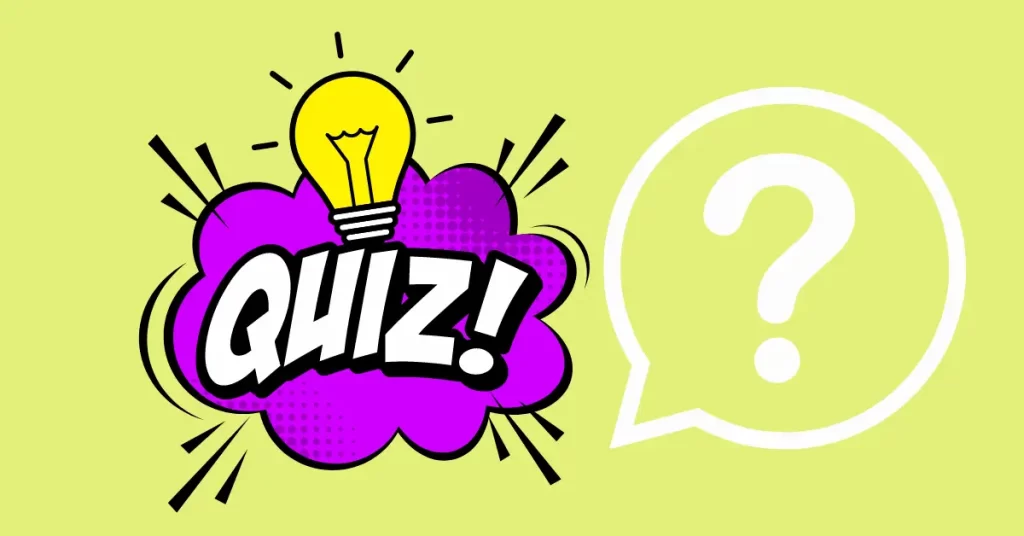
Zašto smo u ovim rečenicama upotrebili baš Present Simple?
When does the plane arrive from the USA?
Lionel Messi fouls Cristiano Ronaldo. Ronaldo takes the free kick, shoots and scores.
Do you think that meat is ok to eat? It doesn’t smell very good.
I don’t like the colour. I think I look terrible in this dress.
I agree with everything you say.
Sada već znaš da Present Simple koristimo kada se bavimo činjenicama, govorimo o rutini ili navikama, iskazujemo šta volimo ili ne volimo, pokazujemo stalnost neke radnje – tj. mislimo da se stvari neće promeniti u neko dogledno vreme. Međutim, koristimo ga i na sledeći način:
Pričanje priča i komentari: i u srpskom jeziku postoji pripovedački prezent koji koristimo da bismo nekog ‘uvukli’ u priču. Vicevi ne bi bili smešni kada bismo ih prepričavali:
A Roman walks into a bar, sticks two fingers up to the barman and says, “Five beers please.”
U primeru gore imali smo Mesija:
Lionel Messi fouls Cristiano Ronaldo. Ronaldo takes the free kick, shoots and scores.
Mnogi glagoli se ne koriste u trajnim vremenima – zovemo ih stative verbs – to su glagoli kojima iskazujemo osećanja, percepciju, mišljenje, stavove.
Maria loves her children.
She understands everything.
Your hand feels cold.
I think that we need to call the police.
Do you hear anything?
It’s so dark. I don’t see a thing.
Koristimo ga kada iskazujemo instrukcije:
You go down this street to the supermarket, then you turn left.
First you mix some flour and salt and then you add warm water…
I’ve pressed Ctrl+Alt+Del. What do I do now?
Present Simple koristimo i kada govorimo o rasporedu dešavanja – u sadašnjosti i budućnosti:
When does the next train leave?
School starts at 8 every morning.
Može se koristiti za iskazivanje budućnosti, uz vremenske odrednice, kao što su: when, as soon as:
She’ll see you before she goes to London.
Call me as soon as you arrive.

#1
Najkraća rečenica u engleskom jeziku je: I am.
#2
Najčešće upotrebljavano slovo u engleskom jeziku je: “e”
STATIVE VERBS:
thoughts and opinions: agree, believe, doubt, guess, imagine, know, mean, recognise, remember, suspect, think, understand
feelings and emotions: dislike, hate, like, love, prefer, want, wish
senses and perceptions: appear, be, feel, hear, look, see, seem, smell, taste
possession and measurement: belong, have, measure, own, possess, weigh.




